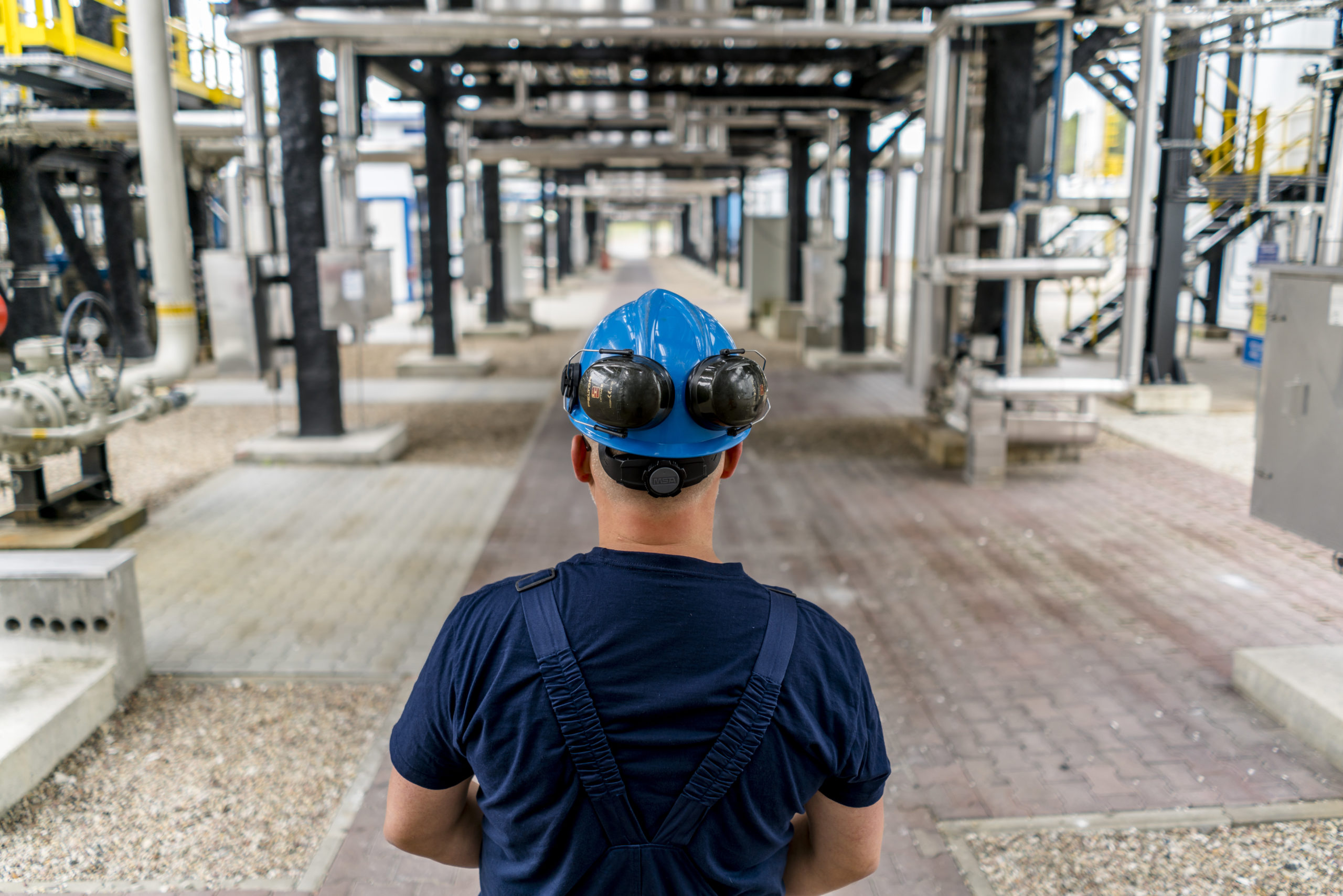PGNiG’s proprietary internship and education programme for students of the AGH University of Science and Technology in Kraków, the Faculty of Geographical and Geological Sciences of the Adam Mickiewicz University of Poznań and the Faculty of Geology of the Warsaw University. It seeks to identify and attract the best students and graduates who want to pursue their professional careers in the oil and gas industry. GeoTalent comprises workshops, competitions for students, the Mentoring Programme, the Ambassadorial Programme, the Summer Internship Programme, and other similar initiatives.

Internships and work placements
GRI Indexes
As a socially responsible business and a responsible employer, PGNiG and the PGNiG Group make efforts to offer first jobs to young people who are interested in working in the energy and oil & gas production sector.
As one of the largest corporate groups in Poland, guided by a sense of responsibility for future generations, the PGNiG Group offers them opportunities to draw on the knowledge and experience of its employees by participating in work placement and internship programmes. As part of such programmes, young people are offered an opportunity to familiarise themselves with the organisation, understand the work of the gas and oil industry and, most importantly, they can make practical use of the knowledge acquired at the school or university.
PGNiG offers the following internship and education programmes:
a programme offering students and graduates of all faculties (except oil and gas engineering, covered by GeoTalent) an opportunity to gain professional experience at a large, stable company. Its participants can complete an internship and take part in educational events to support career building.
In 2021, PGNiG continued to support the subsequent editions of the ‘Energy for the Future’ programme. It is an internship programme implemented by the Ministry of Climate and Environment in cooperation with four founders of the internships, namely PGNiG, PGE S.A., PKN Orlen and PSE S.A. It aims to find the most talented students and graduates of faculties relevant to the Polish energy sector. Each participating student has a chance to gain hands-on experience and skills in their areas of interest. The sixth edition began in October 2021.
In 2021, due to the pandemic the internships and work placements took place partly on a remote basis or were limited because of the introduced restrictions.
-
404-3
-
SOC-6/C1
Competence assessment
The purpose of the Performance Assessment System in place at the PGNiG Group is to direct employees to perform tasks supporting the delivery of the Group’s strategic objectives and to provide them with clear expectations and performance feedback. Performance assessments also help to improve employee efficiency and competencies. There are two types of performance assessment at the PGNiG Group. One is performed annually (an annual performance review) and the other is performed twice a year (a semi-annual performance review). The annual performance reviews evaluate the performance of blue-collar workers and white-collar field staff. The semi-annual assessment is required for all the other employees except for the senior management staff covered by the MBO system and legal counsels. Performance is assessed based on the following elements:
- assessment of performance quality and competencies (annual assessment);
- assessment of work and task performance quality, competence assessment (semi-annual assessment; competence
assessment is performed once a year in December).
The Performance Assessment System is supported by the INKA – INTERAKTYWNE KADRY platform, which facilitates the assessment process. Through the platform, performance assessment sheets are completed by employees and their line managers, as necessary to go through all stages of the end-to-end performance assessment process, including:
- Review and approval of the assigned tasks,
- Self-assessment,
- Interview – line manager’s assessment,
- Acceptance of the assessment.
Annual 360° performance appraisals are performed with respect to the senior management staff covered by the MBO system, and involve subordinates, co-workers, line managers, and the managers themselves through self-assessment. The 360° performance appraisals ensure full anonymity and involve numerous respondents representing various areas of competence and various organisational levels.
Competencies are evaluated on a four-point descriptive scale (very good, good, area for improvement, area for significant improvement). Following the assessment, the appraiser and the appraisee summarise its results and identify areas of outstanding performance and areas for improvement. To conclude the performance assessment the employee and the line manager jointly select the employee’s strengths and areas for further development. This forms the basis for the line manager to formulate development measures that may be integrated into the performance assessment as development tasks for the following assessment period and that may be evaluated in the same way as other tasks.
Employee performance assessment is a very special component of the HR policy as it represents a starting point for various initiatives in the area of human resources. It also constitutes a tool of the incentive policy enabling evaluation of employees’ development potential. The Performance Assessment System is a source of information used to identify HR requirements, recognise employee achievements, develop a remuneration system, implement staff transfers, including promotions and redundancies, and to create concepts for employee improvement through training programmes. Every year the system is gaining in effectiveness as a management tool. The performance assessment system serves to plan and coordinate the staff management process to ensure that employees are productive in performing what their line manager expects of them, but also that they achieve their own objectives and expectations towards the organisation.

